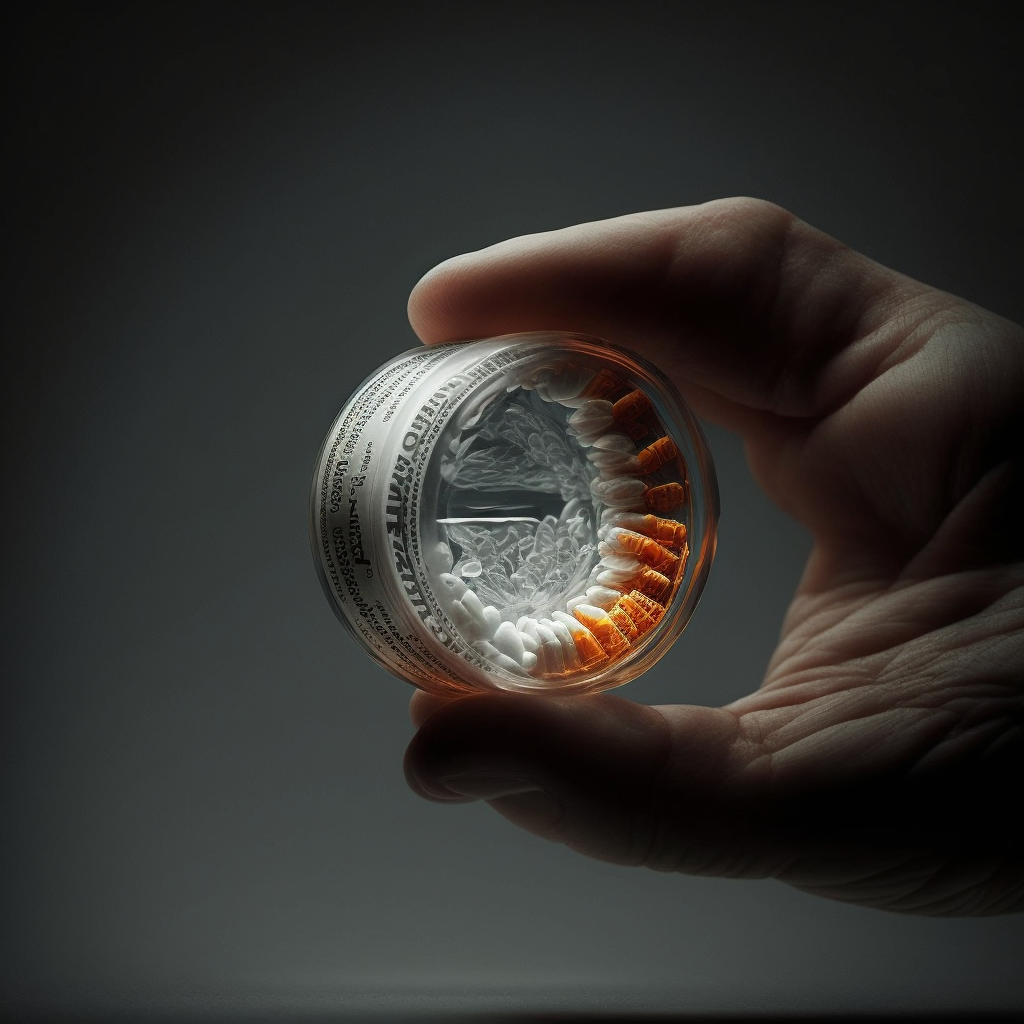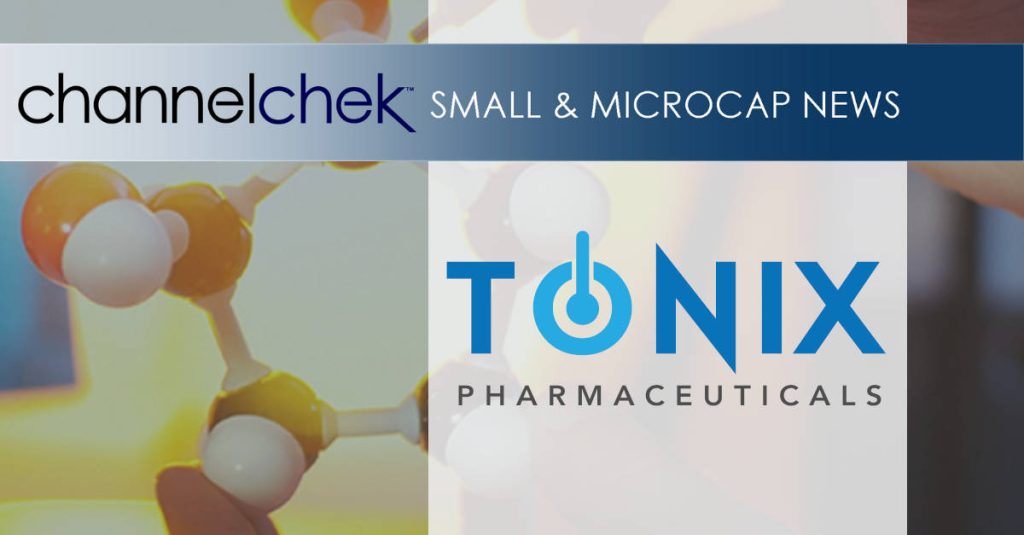Minerva Neurosciences (Nasdaq: NERV) has put itself firmly back in the spotlight, announcing one of the largest small-cap biotech financings of 2025. The Massachusetts-based clinical-stage company will receive up to $200 million to fund a confirmatory Phase 3 trial and commercial launch preparation for roluperidone, a promising therapy targeting the often-overlooked negative symptoms in schizophrenia patients. The initial $80 million arrives up front, with further tranches contingent on study milestones, offering NERV investors rare clinical and regulatory visibility at a critical inflection point.
This private placement, due to close October 23, includes $80 million upfront through Series A Convertible Preferred Stock and up to $80 million more if Tranche A warrants are fully exercised, plus a potential $40 million linked to subsequent milestone events. The offering is led by Vivo Capital with support from several prominent healthcare investors, suggesting the market sees real value in roluperidone’s regulatory progress.
But unlike many small caps, which struggle with dilutive equity raises or uncertain funding, Minerva’s staged, milestone-driven deal structure means investors can track clinical and regulatory progress directly to additional capital inflows. Warrants are only unlocked if the trial meets its statistically significant 12-week endpoint, keeping capital efficiently aligned to risk.
Minerva has achieved a notable alignment with the FDA on its confirmatory trial protocol for roluperidone, targeting negative symptoms—a significant unmet need in schizophrenia treatment. Negative symptoms, such as social withdrawal or loss of motivation, often persist even with current antipsychotics, representing a billion-dollar market where no competitor is FDA-approved. Minerva’s confirmatory Phase 3 design will use a randomized double-blind, placebo-controlled format, tracking the PANSS Marder negative symptoms factor score as a primary endpoint over 12 weeks.
This clarity on regulatory requirements and a defined path for NDA resubmission is crucial for investors, lowering typical clinical-stage risk and increasing confidence in eventual market entry. The company has committed resources for trial expansion and is already preparing for a U.S. commercial launch, signaling an advanced state of readiness pending approval.
In addition to the funding, Minerva plans to strengthen its board with up to three new directors experienced in schizophrenia trials, further supporting robust clinical execution. Investors will also appoint a Scientific Advisory Board dedicated to trial oversight, ensuring best practices and direct accountability to stakeholders.
With shares already up over 150% for the year, Minerva now stakes its future on one pivotal readout. For small cap-focused investors, NERV offers rare transparency on trial financing, regulatory alignment, and near-term commercial prospects—key ingredients for outsized returns but also heightened binary risk typical of biotech.
As Minerva initiates its confirmatory Phase 3 trial and prepares for NDA resubmission, sector watchers will track not just headline efficacy results, but also enrollment metrics, board appointments, and potential warrant triggers. For investors tolerant of volatility and seeking direct exposure to major clinical milestones, Minerva’s fully funded path towards solving negative symptoms in schizophrenia could prove a defining bet in the 2025 biotech landscape.




